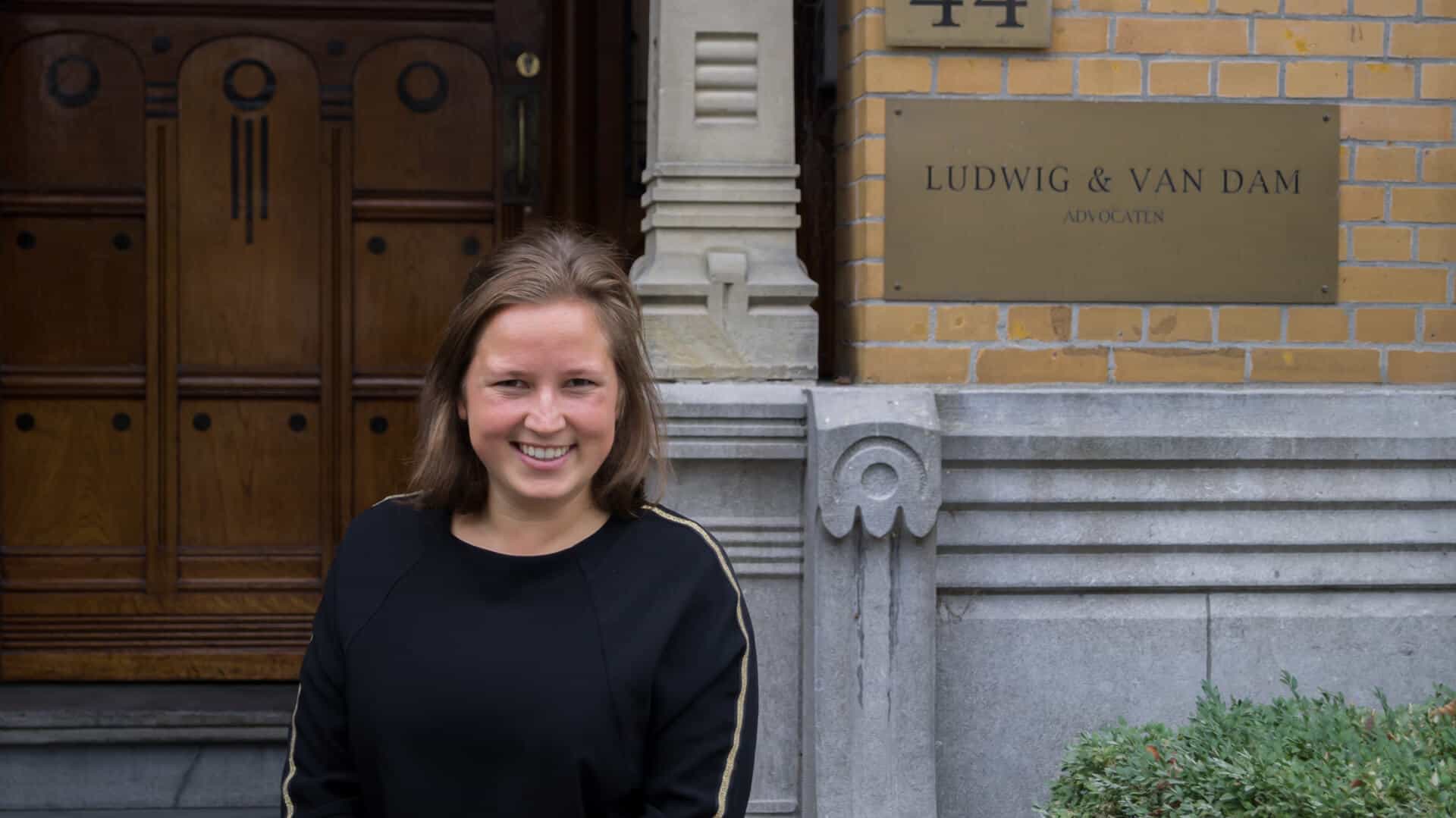The franchise agreement under suspensory condition: major consequences
The Court of Appeal in The Hague recently bowed its head to the question of how the history of the franchise agreement’s formation relates to the franchise agreement itself. Can an obligation from the franchise agreement be rendered ineffective because the franchisor and the (prospective) franchisee have discussed this differently in the pre-contractual phase? The Court of Appeal in The Hague confirms this. The (provision included in the) franchise agreement is therefore not always decisive.
In the present case, a (prospective) franchisee is interested in operating a franchise aimed at applying a slimming method and selling associated products. For that reason, she has had extensive contact with the franchisor. This contact eventually leads to the signing of a five-year franchise agreement.
The franchise agreement agreed between the parties stipulates that the franchisee must meet minimum training requirements, including training as a recognized dietitian, weight consultant and nutritionist. When signing the franchise agreement, the franchisee does not yet meet the training requirements and it is therefore clear from the correspondence conducted prior to signing the franchise agreement that the franchisee will first follow a training course before actually starting to operate the franchise. On this basis, the franchisee had therefore assumed that no financial obligation whatsoever would apply at the time of signing the franchise agreement. However, the franchisor appeals to the financial agreements included in the franchise agreement.
The financial costs associated with the start-up of the franchise business, according to the franchise agreement, consisted of purchasing a start-up stock of products before the start of the franchise agreement. In addition, an entrance fee of € 12,500 (excl. VAT) had to be paid at the start of the Agreement, of which 40% upon signing the Agreement and 60% within two years.
After the cooperation is unsuccessful because the franchisee does not complete her training, the franchisor claims various amounts, including the entrance fee and the fee for the start-up package. The Court of Appeal of The Hague has ruled on this as follows.
The formation history of the franchise agreement can provide insight into the expectations that the parties may have of each other. It is clear from the correspondence that the parties conducted prior to the signing of the franchise agreement that they discussed at length the training still to be followed by the franchisee. In view of the correspondence prior to the conclusion of the franchise agreement, according to the Court of Appeal of The Hague, it appears that the intention of the franchisor and franchisee was to enter into the franchise agreement under the suspensory condition of successful completion of the required training by the franchisee, despite the fact that this agreement was not is included in the franchise agreement itself. For that reason, the franchisee does not owe the financial obligations arising from the franchise agreement – including the payment of the entrance fee and the purchase of the start-up package – since it has never completed the training, despite the fact that both parties have signed the franchise agreement at some point. After all, if a suspensive condition is not met, no franchise agreement will be concluded.
The franchisor must therefore take into account that the agreements included in the franchise agreement are not always decisive when agreed otherwise with the franchisee, even if this communication took place prior to the signing of the franchise agreement. Nevertheless, it is always advisable to record deviating agreements to avoid misunderstandings.
Ludwig & Van Dam lawyers, franchise legal advice.
Do you want to respond? Then email to munnik@ludwigvandam.nl

Other messages
Bankrupt because the franchisor refused to sell the franchise company – dated January 28, 2020 – mr. AW Dolphin
The District Court of The Hague has dealt with a request from a franchisor to declare a franchisee bankrupt.
Prescribed shop fitting – dated January 28, 2020 – mr. AW Dolphin
The Midden-Nederland District Court has ruled on whether a franchisee is obliged to carry the shop fittings prescribed by the franchisor.
Ludwig & Van Dam attorneys summon Sandd and PostNL on behalf of the Sandd franchisees – dated 9 January 2020 – mr. AW Dolphin
The Association of Franchisees of Sandd (VFS) has today summoned Sandd and PostNL before the court in Arnhem. The VFS believes that Sandd and PostNL are letting the franchisees down hard.
Article The National Franchise Guide: “Why joint and several liability, for example, next to private?” – dated 7 January 2020 – mr. AW Dolphin
Franchisees are often asked to co-sign the franchise agreement in addition to their franchise, for example. Sometimes franchisees refuse to do so and the franchise agreement is not signed.
Ludwig & Van Dam Advocaten assists Sandd franchisees: Franchisees Sandd challenge postal monopoly in court – dated 12 November 2019 – mr. AW Dolphin
The Association of Franchisees of Sandd (VFS) is challenging the decision of State Secretary Mona Keijzer to approve the postal merger between PostNL and Sandd before the court in Rotterdam.
Franchisee trapped by non-compete clause? – dated October 21, 2019 – mr. AW Dolphin
The District Court of East Brabant has ruled that a franchisee was still bound by the non-competition clause in the event of premature termination of the franchise agreement.





